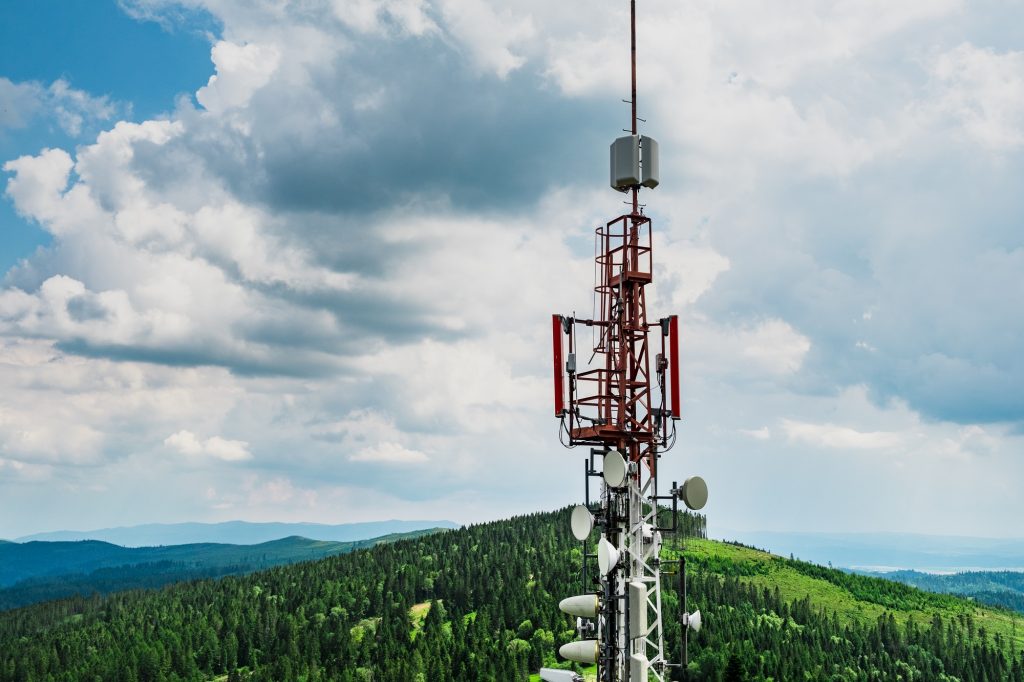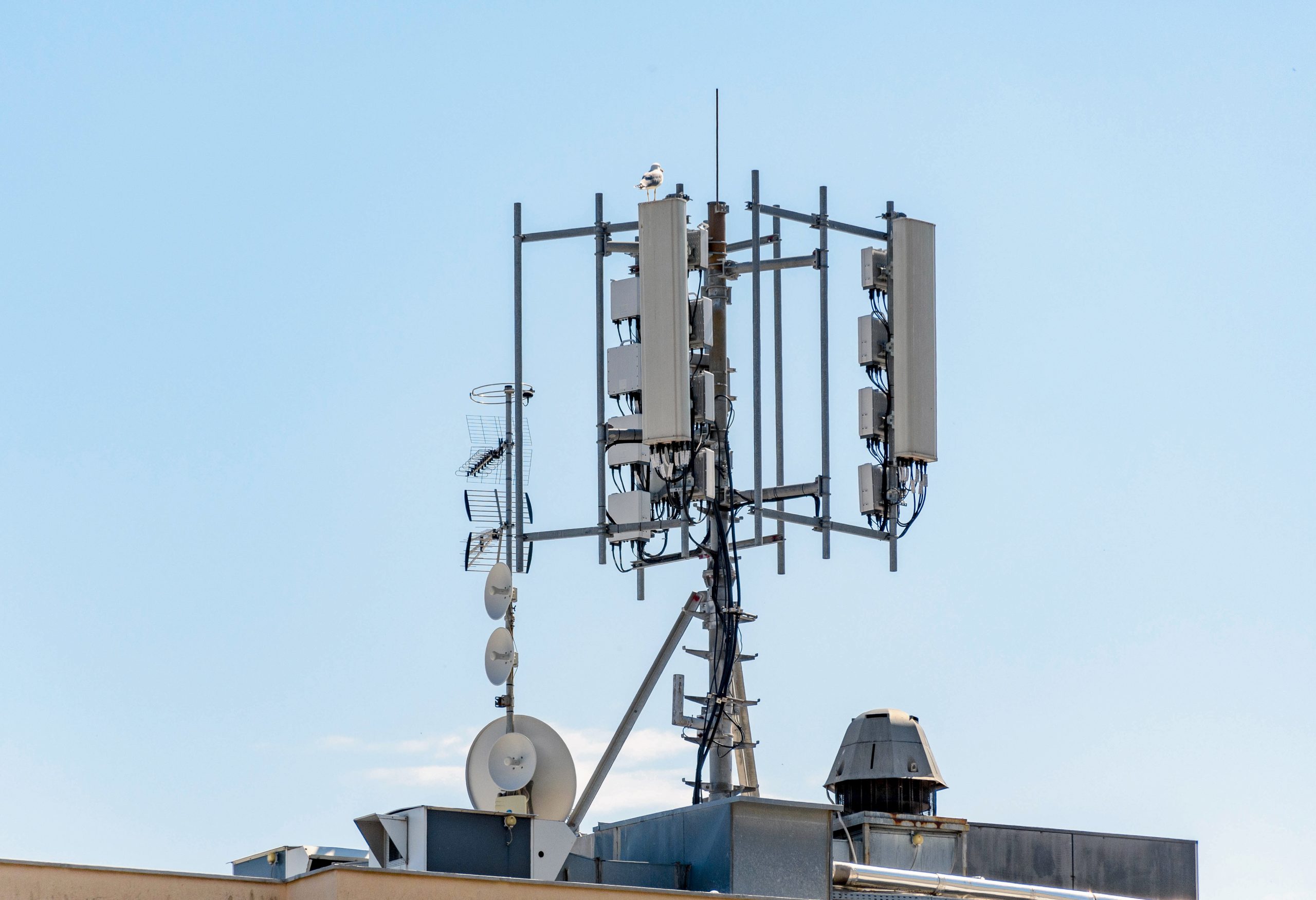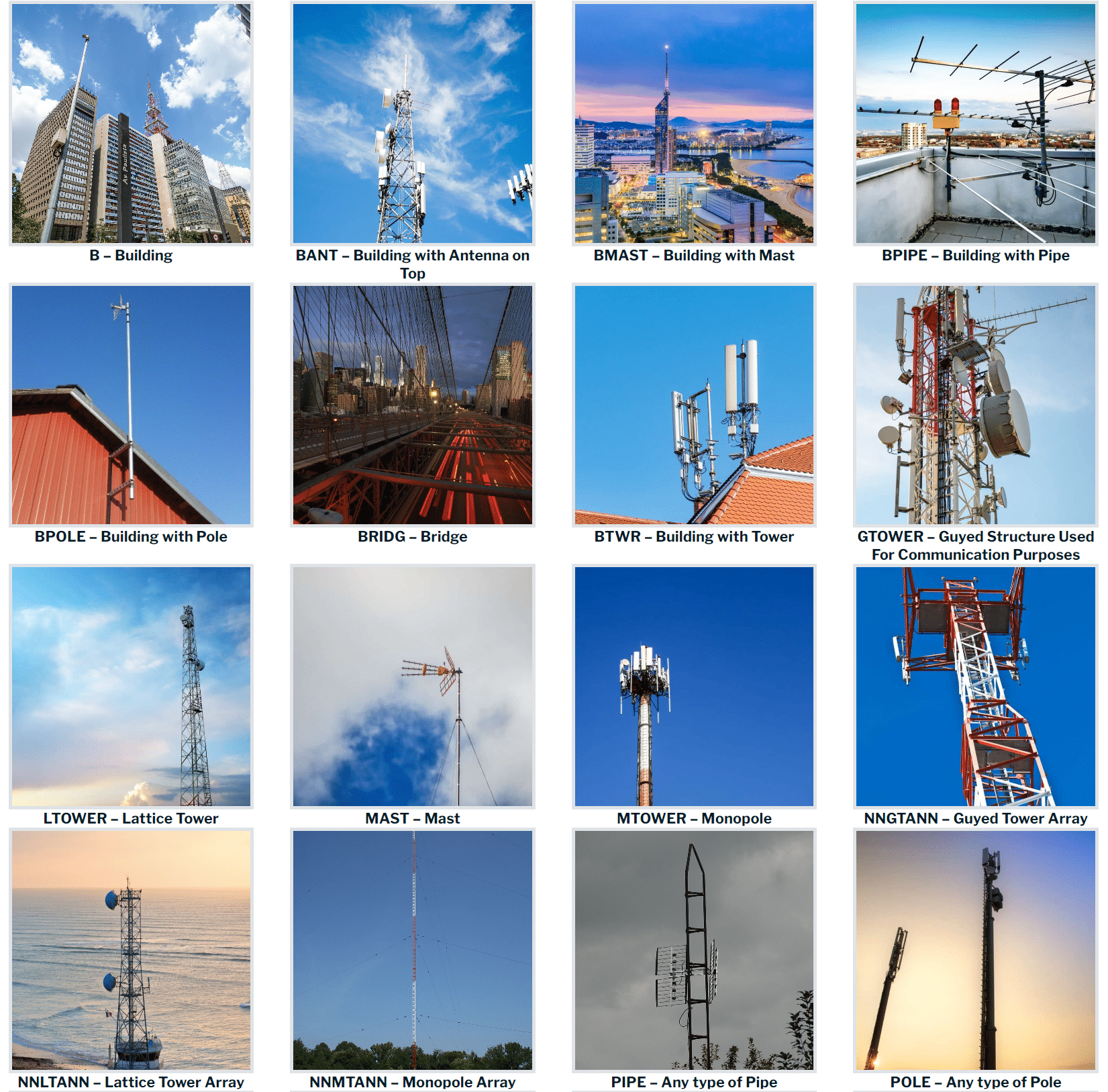If you own a property with a cell tower or rooftop antenna on it and have suddenly stopped receiving rent, it can be a perplexing and frustrating experience. There are various reasons why this might happen, and understanding these reasons is crucial to addressing the issue effectively. Cell tower leases, while often lucrative, come with complexities that can lead to unexpected interruptions in payment. This article explores five common reasons why property owners might stop receiving rent from wireless carriers and what steps can be taken to resolve these issues.

Contents
Why Property Owners Stop Receiving Rent:
Leases with wireless carriers are generally considered high-risk due to the dynamic nature of the telecommunications industry. As a result, lenders typically don’t factor in wireless lease income when evaluating property income. This risk is compounded by the fact that over 99% of all wireless leases include an escape clause, allowing the tenant to cancel the lease with as little as 30-60 days’ notice. Even if you have a long-term lease of 25-30 years, these escape clauses can be invoked at any time, leaving you without the rent you may have been counting on.
As technology evolves and regulations are relaxed, the co-location of wireless sites is becoming more common. This trend leads to rent reduction requests or consolidation of locations, which can result in a decrease in your rental income. If you’ve noticed that your rent payments have stopped, it could be the first indication that a renegotiation is on the horizon.
Below, we outline the most common reasons why landlords or property owners with cell towers or rooftop antennas stop receiving rent.
1. New Property Owner – No Notice Provided.
If you’ve recently purchased or inherited a property with a cell tower or antenna, you are required to submit an ownership change notification to the tenant. Failing to do so could result in the carrier continuing to send payments to the previous owner or halting payments altogether until they receive the correct information. It’s important to note that carriers typically don’t proactively reach out for ownership changes—they rely on the landlord to provide this information.
In many cases, the solution is as simple as contacting the tenant and providing proof of ownership documents. However, even though this is a straightforward process, it can take 60-90 days for the changes to be fully processed and for rent payments to resume. Ensuring that all documentation is accurate and promptly submitted can help mitigate these delays.
2. The Lease Was Sold
Another common reason for the cessation of rent payments is that a prior owner may have sold the lease to a tower company or accepted a lump-sum payment from the carrier. This transaction could have been conducted through a perpetual easement or for a specific period, after which the rights might revert to the current property owner.
In some cases, a previous owner might have excluded the antenna lease from the sale of the property, creating a master lease or retaining easement rights. If your title report doesn’t reflect the recording of an easement or a memorandum of lease/easement, you might still be entitled to receive rent for the lease.
To resolve this, it may be necessary to obtain a copy of the legal documents, including the lease agreements, to determine what rights were retained by the previous owner and whether any future rights may revert to you as the current property owner. This process can be complex, but it is essential to ensure that you are not missing out on rent that is rightfully yours.
Retaining the Cell Tower Income after Selling the Property
When you sell your lease agreement to a tower company, you receive a large upfront payment based on the current and potential rent that will be received. The nice part is that once you sell your lease, you will keep the full amount of the up-front lump sum; even if the tower company or wireless carrier terminates the lease at any time during the period for which the purchaser has the right to collect cell site rent on the property.
In other words, selling your lease essentially transfers all the risks associated with lease termination to the purchaser. This can be a beneficial arrangement for property owners looking for immediate capital, but it’s important to understand the implications and ensure that the terms of the sale are favorable.
3. End of Lease Renegotiation.
As your lease agreement approaches its end, the wireless carrier will likely contact you to renegotiate the rent. In many cases, they will propose similar or lower terms, often including additional restrictive language in the new lease. If the lease is not successfully renegotiated, you may find yourself in a holdover situation where the carrier or tower company stops paying rent altogether.
This situation is not uncommon, as the lease may not have been re-activated in the carrier’s system with the new terms, or you may have moved to a revenue-sharing model that the carrier prefers not to honor. In such cases, they might push for a lower rent or other unfavorable terms.
It’s crucial not to accept a new lease or any amendments to your existing lease without first consulting with a knowledgeable professional who understands the intricacies of wireless leases. An expert can help you negotiate better terms, potentially doubling your rent and increasing the escalator to 3-4%. Accepting the first offer without negotiation can lead to significantly reduced income and more restrictive terms that could impact your property’s value.
4. Rent Reduction Request:
Sometimes, wireless carriers or their representatives may attempt to reduce your rent by temporarily halting payments. This tactic is often used as leverage during renegotiations. Companies like Md7 (working for Verizon) and Blackdot (representing T-Mobile and AT&T) are often hired by carriers to renegotiate lease terms, especially if the site is not considered a future core site.
In these cases, the carrier may take aggressive steps to retain the site while avoiding decommissioning. However, they may also stop paying rent until new terms are agreed upon. To protect your interests, it’s essential to understand the importance of your site to the wireless carrier. This involves assessing the cell traffic requirements of the area, the capacity of your location, the availability of nearby cell sites, zoning codes, and the replacement cost of relocating the site.
By conducting a thorough analysis of your current location and its strategic importance to the carrier, you can negotiate a fair and mutually beneficial long-term agreement that protects your rental income.
5. Early Termination and Decommissioning.
Almost all wireless leases include early termination clauses—often referred to as “escape clauses”—that allow the tenant to cancel the lease with 30-90 days’ notice. If you’ve received notice that your cell tower lease is being terminated early and the tower is being decommissioned, there may be little you can do to save the lease.
However, even in this situation, it’s important to ensure that you receive fair and accurate compensation. This might involve negotiating a termination fee or other forms of compensation to offset the loss of rental income.
Option to Terminate Cell Tower Rent
The infrastructure that built the digital age has transformed and wireless carriers have the ability to either terminate their contract or stop paying rent at almost anytime. It is important to understand your current lease agreement and know the options the wireless carrier has. When deciding to terminate a wireless lease, they will often start by trying to renegotiate rents if there is still a need for your tower site. Knowing the current regulations of your town and nearby options they have to relocate service is crucial to your negotiation as a landlord.
Conclusion
Owning a property with a cell tower or rooftop antenna can provide a steady stream of income, but it also comes with challenges that can disrupt this revenue. Understanding the reasons why rent payments might stop is the first step in addressing the issue. Whether it’s due to a lack of notification, a lease sale, the end of a lease term, a rent reduction request, or early termination, there are steps you can take to protect your income and negotiate better terms.
Consulting with a professional who specializes in wireless leases can be invaluable in navigating these complex situations. With the right guidance, you can ensure that you receive the rent you are entitled to and that your lease agreements are structured to your advantage. Don’t let the complexities of wireless leases catch you off guard—be proactive in managing your property and protecting your rental income.




